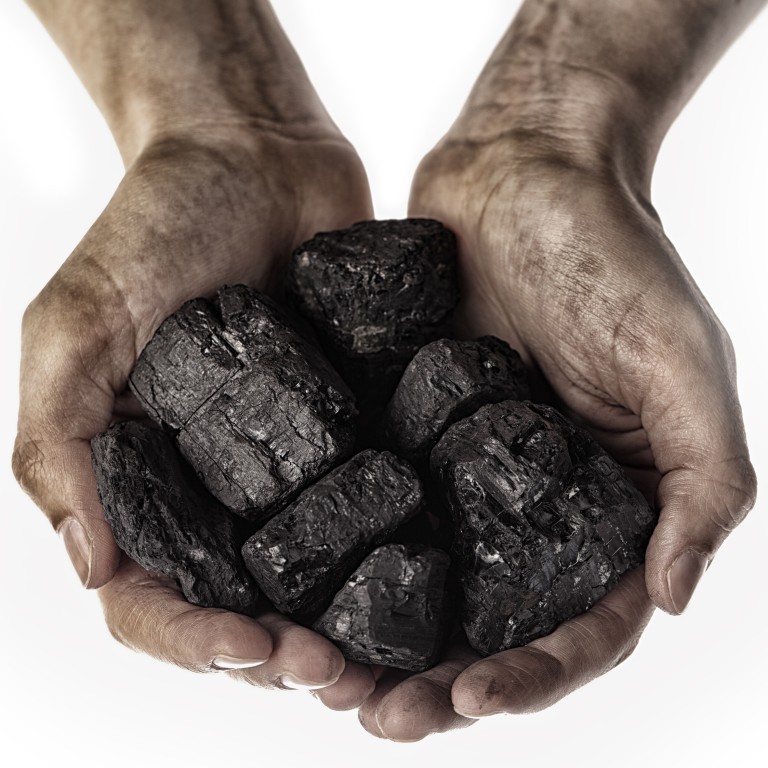
Chinese scientists convert coal into protein to answer animal feed demand
- After studying thousands of samples, a Chinese team has developed a method of creating protein using methanol derived from coal
- This will help provide a low-cost solution to the growing need for animal feed, which is surging due to the rising global population
It is the first time the production of protein from coal has been economically feasible.
There are several routes for biological protein synthesis. The simplest involves converting by-products from the food and agricultural industries, such as corn steep liquor, distillers grains and straw, into higher-value protein products through microbial transformation. However, these by-products often already have established uses, and their variable supply and quality make industrial production challenging.
An alternative approach involves industrial fermentation using chemicals that produce energy. A notable example is using methanol, which can be cheaply derived from coal, as raw materials.
His team has now developed a protein production technology that is cheaper than traditional protein biosynthesis. The findings were published in the peer-reviewed journal Biotechnology for Biofuels and Bioproducts on November 17 last year.
The yeast strain Pichia pastoris (P. pastoris), used in this process, grows by using methanol. But because methanol is toxic and has complex pathways, about 20 per cent of it is wasted. It turns into carbon dioxide and water instead of being used for protein synthesis, which reduces the efficiency and cost-effectiveness of the process.
“Research on synthesising cellular protein from methanol began in the 1980s, focusing mainly on strain selection and production process optimisation. Yet, due to high costs, methanol-synthesised protein products could not compete with soy protein and have not been produced on a large scale,” Wu said in the paper.
Food science breakthroughs can’t come fast enough for a warming world
To solve the problem, his team collected more than 20,000 yeast samples from vineyards, forests and marshlands across China. From those samples, they identified strains capable of efficiently using various sugars and alcohols as carbon sources.
“The researchers achieved a dry cell weight and crude protein content of 120g/litre and 67.2 per cent with their modified P. pastoris. And the methanol-to-protein conversion efficiency reached 92 per cent of the theoretical value,” a report on the CAS website said.
The high conversion rate makes this protein production method very attractive economically.
“Moreover, the protein content in the microorganisms ranges from 40 to 85 per cent, significantly higher than in natural plants.”
These organisms also contain a complete amino acid profile, vitamins, inorganic salts, fats and carbohydrates, allowing them to partially replace fishmeal, soybeans, meat and skimmed milk powder in various applications.
The research team has already initiated industrial-scale demonstrations, producing thousands of tonnes of this protein in a plant. The specific partner was not disclosed.
Microbial proteins are nutritionally rich and lack allergens found in soy protein, making them excellent protein sources. However, there are currently only a few products on the market.
The US company KnipBio has used modified strains to produce KnipBio Meal, a high-quality feed protein comparable to fishmeal, from methanol. This product has received safety approval from the US Food and Drug Administration.
Wu said it was crucial that the physiological functions and nutritional value of methanol protein was improved and the market for functional proteins derived from it expanded.
“That could further reduce production costs and increase the value of methanol protein, promoting its large-scale production,” Wu said in a Science and Technology Daily report on Tuesday.


.jpg?itok=t8OJmsoF)
